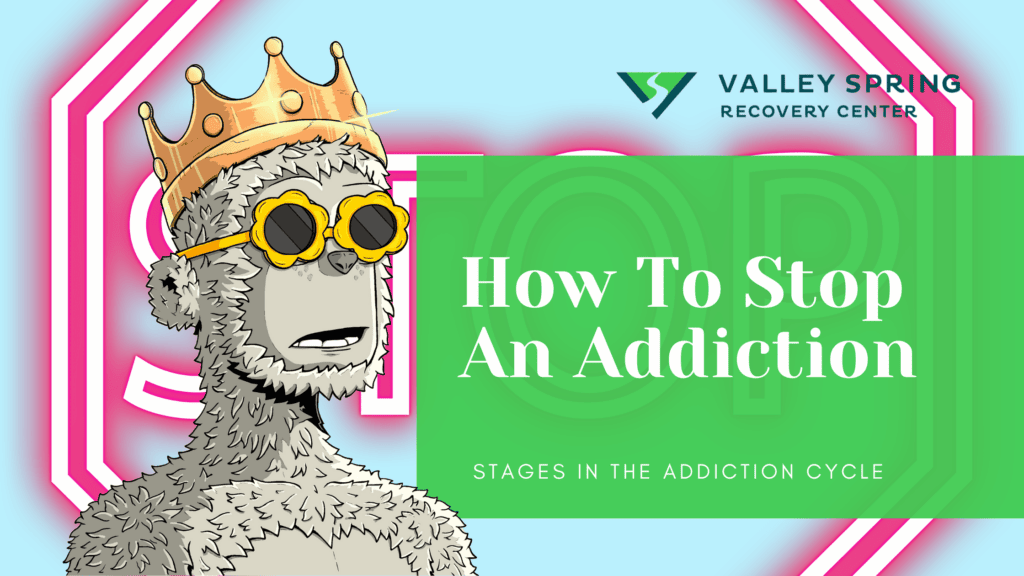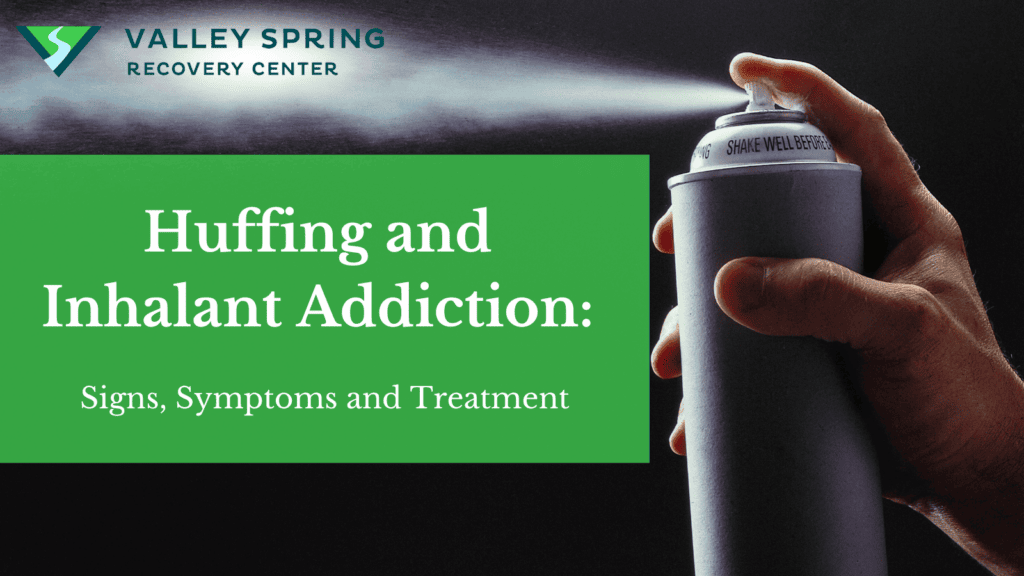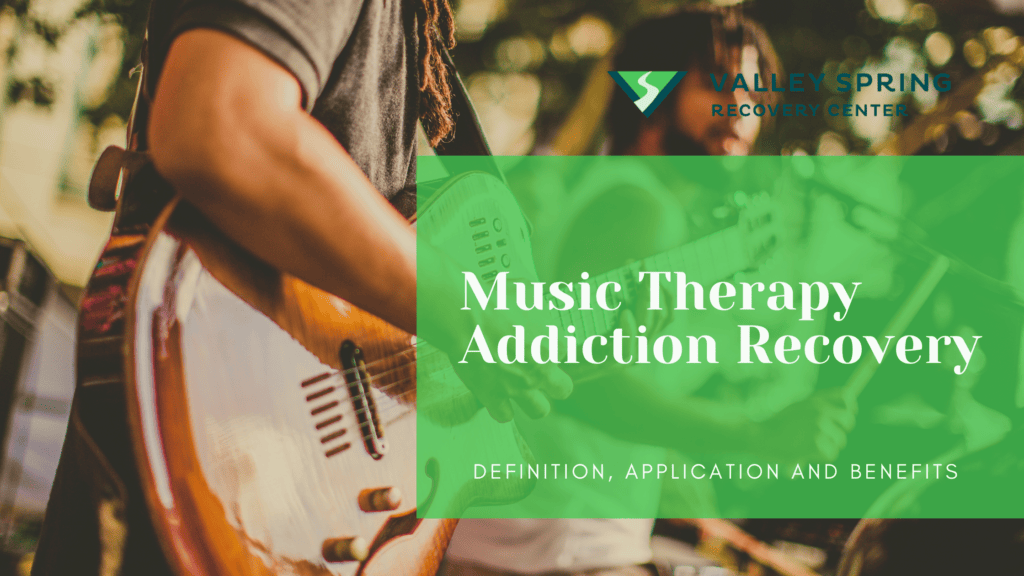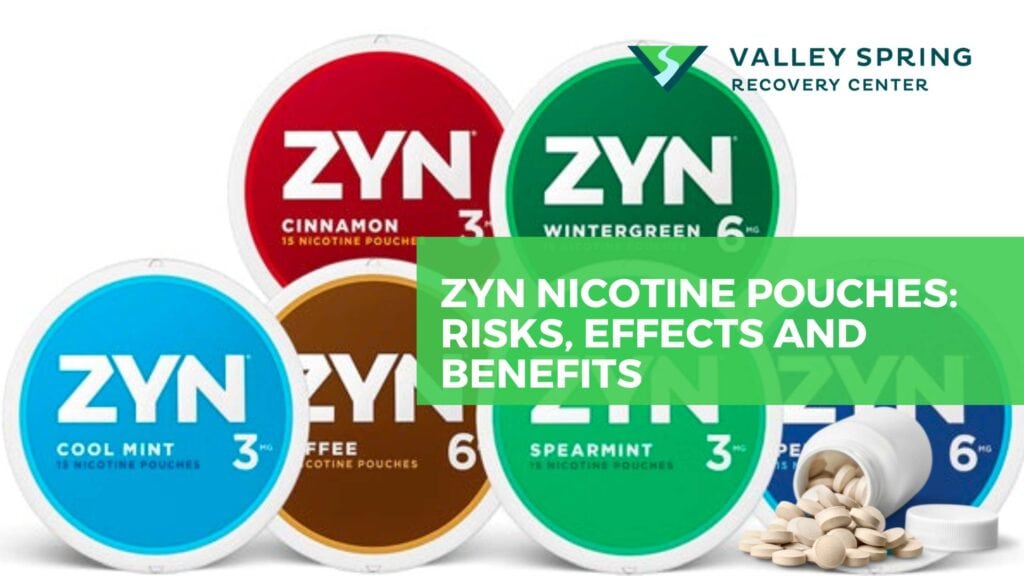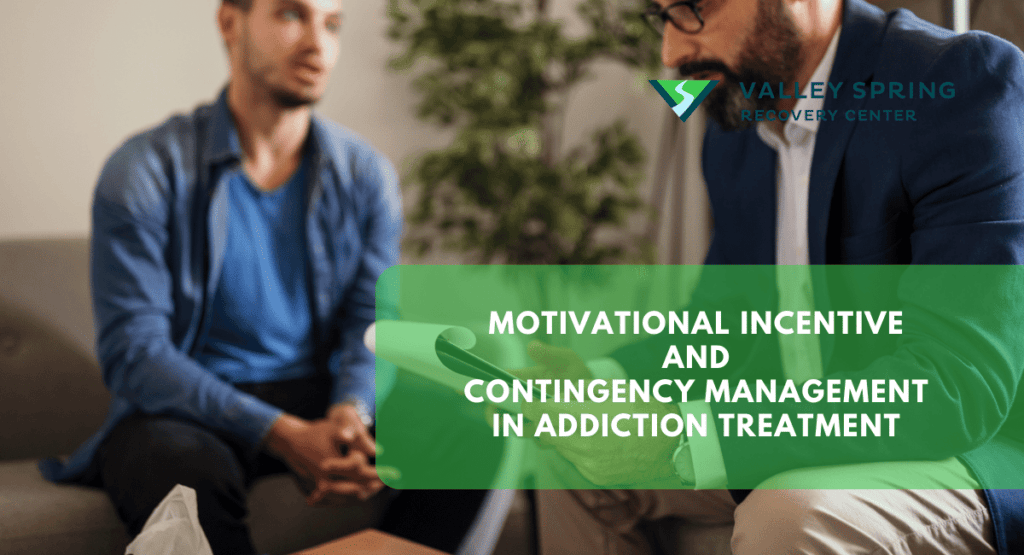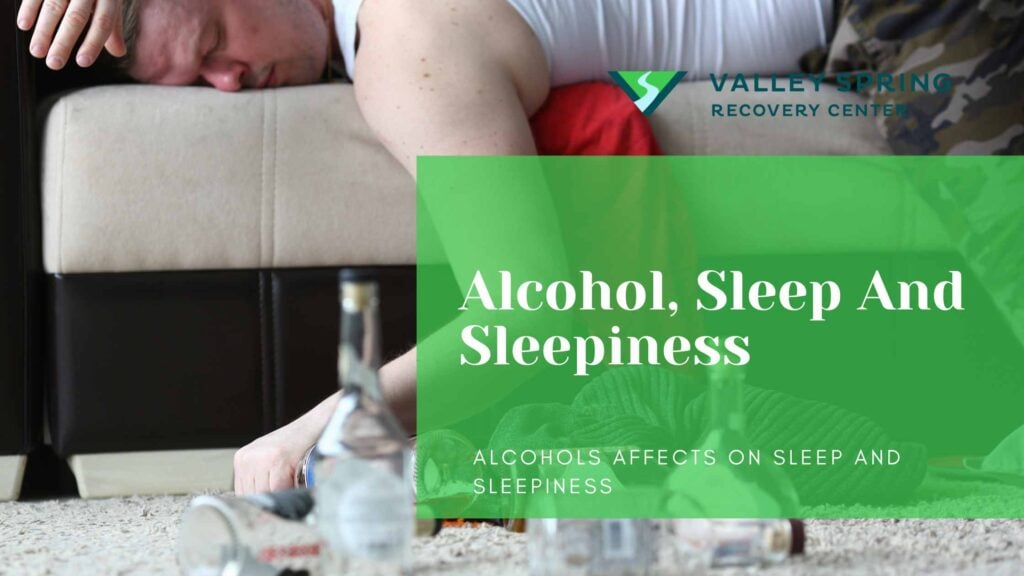If you or someone close to you is trying to escape the clutches of drug addiction, then this article can provide useful advice on how one may break free. With sufficient support and suitable treatment options, it is possible for anyone affected by drugs to recover and ultimately lead a healthier life with help from family members and friends.
It is possible to recover from drug addiction with realistic goals, a strong support system, and healthy coping skills. Seeking professional help to explore treatment options and prevent relapse is the first step to recovery.
Family members and loved ones can contribute to the recovery and treatment process by offering nonjudgmental support through setting boundaries & utilizing local resources.
What Is Drug Addiction?
Drug addiction is the compulsive need to take a specific drug regardless of the harm it causes. Also known as substance use disorder, drug addiction causes strong cravings and potentially life-threatening withdrawal symptoms when a person tries to stop as defined by the National Institute on Drug Abuse.
Once drug abuse turns into drug tolerance and dependence, it is more difficult to stop using because physical withdrawal symptoms occur which are painful and require medical treatment to overcome.
What Are The Types of Substance Use Disorders?
Substance use disorders (SUDs) are complex and severe conditions involving an abnormal dependency on one or more substances, including alcohol, tobacco, and drugs as well as behavior-based addictions like gambling. These illnesses cause serious shifts in the brain’s function which can lead to cravings for these substances/behaviors along with behavioral changes. Indicators of a SUD may include lacking control over how often it is used and experiencing withdrawal symptoms when trying to stop using it.
Recovery from addiction starts by acknowledging there is a problem and being willing to accept the proper treatment and then abide by the treatment plan. Acknowledging such issues early enough will allow individuals a better chance at achieving long-term sobriety resulting in drug-free lifestyles after undergoing suitable treatments for their specific ailments related to substance abuse.
What Are The Causes and Risk Factors?
Drug addiction can stem from various genetic and environmental factors, such as family life, peer group influences, access to drugs, and early first-time use. Traumatic experiences or negative events may also play a role in increasing the chances of drug abuse. Research indicates that trauma is linked to heightened levels of substance dependence within certain individuals.
The genealogy of an individual could similarly increase their likelihood of becoming addicted – even if only moderately so – but it is important not to overlook how other elements contribute as well. Early experimentation can make one’s brain more likely susceptible to any possible side effects due to its unfinished development process at this stage – meaning prevention methods must always look ahead before actual damage has already occurred because reversing what was done isn’t necessarily plausible or easy.
What Are The Strategies to Overcome Drug Addiction?
Overcoming drug addiction hinges on the individual’s willingness to seek help and engage in treatment. Each recovery journey is unique, but there are general strategies that can be tailored to fit one’s specific needs and lifestyle.
1. Setting Realistic Goals
A well-defined plan with achievable short-term and long-term goals is essential for staying committed to recovery. Early objectives may include attending support meetings, avoiding triggers, and cultivating healthy coping mechanisms. Celebrate each milestone to maintain motivation on your path to sobriety.
2. Building a Solid Support System
A robust support system is vital for long-term recovery success. This can include emotional and practical support from understanding family members, as well as professional guidance from therapists, counselors, or medical practitioners. Participation in support groups like Alcoholics Anonymous or Narcotics Anonymous provides community and shared experiences that can further bolster your resolve to stay clean.
3. Developing Healthy Coping Skills
Effectively managing stress and negative emotions without resorting to drug use is crucial for sustained recovery. Adopting healthy coping skills, such as exercise, meditation, and engaging in enjoyable activities, can help manage withdrawal symptoms and cravings. Don’t hesitate to try new activities or revisit old hobbies that bring joy and contribute to a healthier lifestyle.
What Are The Treatment Options for Drug Addiction?
To identify the most effective treatment for addiction, a professional diagnosis based on the DSM-5 criteria is essential. The chosen treatment strategy depends on the addiction stage and any coexisting disorders.
Detoxification and Medical Support
Detoxification is a critical first step that helps cleanse the body of substances and manage withdrawal symptoms. Medical professionals offer support, medication, and treatments that reduce relapse risk and address co-occurring mental health issues like depression or anxiety. Proper guidance through the detox process mitigates challenges and paves the way for a drug-free life.
Behavioral Therapies
Behavioral therapies, including Cognitive Behavioral Therapy (CBT), Contingency Management, and family therapies, tackle the root causes of addiction. These treatments empower individuals to make lasting changes and mend fractured relationships with loved ones.
Group and Family Therapy
Group therapy provides peer support, while family therapy addresses underlying issues contributing to addiction. Both therapies enhance commitment to recovery goals and create a supportive environment, uniting everyone under the common aim of long-term recovery.
Outpatient Programs
Outpatient programs offer a flexible treatment route that allows individuals to maintain daily responsibilities like work and family commitments. These programs include tailored therapies, counseling, medication management, and support groups, all aimed at facilitating a successful rehabilitation journey.
Relapse Prevention
Relapse prevention is a crucial aspect of the drug recovery journey, aimed at sustaining abstinence and promoting a healthier lifestyle. Identifying potential triggers and cravings, maintaining a balanced lifestyle, and developing effective coping strategies are essential elements of long-term recovery.
Identifying Triggers and Cravings
Being aware of triggers—such as emotional states, environmental factors, peer pressure, and withdrawal symptoms—is key to relapse prevention. A proactive approach to identifying and managing these triggers minimizes relapse risks and helps maintain recovery progress. For example, avoiding high-risk locations associated with drug use can effectively deter relapse.
Creating a Balanced Lifestyle
A balanced lifestyle is fundamental to successful addiction recovery. Engaging in enjoyable activities, staying physically healthy, and surrounding oneself with a supportive community contribute to sustained abstinence. Self-care practices like adequate sleep, balanced nutrition, and regular exercise further enhance a drug-free environment. Quality time with family and friends can be especially beneficial in maintaining sobriety.
What Are The Different Stages Of Drug Addiction?
Drug addiction evolves through various stages, each marked by distinct behaviors and challenges. Understanding these stages can guide effective intervention and support for those affected.
Recognizing these stages not only aids in effective intervention but also informs strategies for sustainable recovery.
Experimentation
The journey of drug addiction often starts with experimentation due to curiosity or peer influence. Although it may appear innocent, this stage requires vigilant monitoring to curtail the advancement to more problematic stages of addiction. Setting realistic goals at this point can help individuals maintain focus and avoid escalation.
Misuse and Abuse
Characterized by frequent or excessive drug use, this stage often leads to detrimental consequences. Misuse sets the groundwork for tolerance and dependency, making it critical to build a solid support system to counteract the slide into further addiction.
Development of Tolerance
Tolerance amplifies the need for higher doses to achieve the same effects, heightening the risk of both addiction and associated health issues. This stage is often accompanied by withdrawal symptoms, signaling a need for professional intervention. Developing healthy coping skills can be particularly beneficial at this stage for managing symptoms and cravings.
Recovery and Relapse
While efforts for recovery are typically the next step, the path is laden with the risk of relapse. Timely identification of relapse signs is vital for effective intervention and sustained recovery. A combination of setting achievable goals, having a robust support network, and utilizing healthy coping mechanisms can fortify the recovery process during this stage.
What Is The Role of Family and Friends in Addiction Recovery
Family and friends can play a significant role in helping their loved ones recover from addiction. Offering emotional support, setting healthy boundaries, understanding the struggles they face, and providing encouragement and motivation – all are crucial steps family and friends can take to contribute to an individual’s recovery journey.
Local resources should be identified so that those struggling with addiction have adequate access needed for successful treatment plans. These resources may include programs or groups such as Alcoholics Anonymous (AA), Narcotics Anonymous (NA) or other types of peer-led meetings focused on recovering addicts sharing helpful experiences within a safe environment. Finally, close circles of relatives and companions must provide care while being sternly aware of what is acceptable behavior when supporting someone in overcoming their substance abuse issues. This ultimately will encourage longer periods without relapsing back into old habits concerning drugs or alcohol use.
How to Offer Support
Offering emotional support for someone struggling with addiction is key to their recovery. It can be beneficial to educate yourself about the process of addiction and recovery so that you are better equipped in terms of offering advice or assistance. You should express your concerns and let them know they have someone who will stand by them throughout this journey. Offer resources like medical treatment, therapy sessions, or group meetings as possible solutions. Provide a compassionate environment without judgment while encouraging a drug-free life. All these steps must come together if one wants to help somebody battling an addictive disorder on the path to healing
Setting Boundaries and Self-Care
Looking after your own health and well-being is a key factor in successfully supporting someone recovering from drug addiction. Boundaries need to be established, which can prove challenging but are essential for both the loved one’s recovery journey as well as protecting yourself. Self-care should come first. Ensuring you get professional help or support if needed, tending to physical and emotional needs before anything else – it’s not selfishness but rather part of being able to offer good backing during this period.
How Can You Find Help And Support Locally?
In order to find local assistance with addiction recovery, it is recommended that individuals connect with drug rehab providers in the area, explore available online resources, and reach out to health departments or social services. It’s important for potential clients to assess the affordability and accessibility of these treatment options before deciding on a suitable one suited best for their specific needs.
For those dealing with an addiction-related issue, it’s important to find a drug and alcohol rehab center that can treat your needs as an individual and address the different parts of addiction, be it substance use or co-occurring mental health issues.
What are some drug prevention strategies?
Preventing substance abuse starts with understanding how it develops, avoiding temptations and peer pressure, seeking help for mental illness, examining risk factors, and leading a well-balanced life. Supporting these efforts, evidence-based program registries, building social and personal skills, citing immediate consequences, communicating positive peer norms, involving youth with peer-led components, using interactive approaches, fear arousal – scary images and scare tactics, and one-time assemblies and events can be used to prevent drug use.
How does addiction affect the brain?
The effects of addiction on the brain are powerful and can transcend individual choices, affecting concentration, recollection, understanding and judgment. This belief that those with addictions just make bad decisions is destructive yet untrue.
What are the main causes of drug addiction?
Drug addiction is a difficult disorder to fight, as it has many underlying factors including genetics, environmental influences, and development. It can involve the use of both unlawful drugs or even those that require a prescription from healthcare professionals, showing how broad its nature really is.
What are some effective strategies for quitting drugs?
Establishing attainable objectives, having a supportive environment, and developing effective tactics to manage stress can help motivate someone to quit drugs.
What treatment options are available for drug addiction?
Drug addiction can be addressed and treated in a variety of ways, including medical treatment, detoxification programs, and family therapy sessions for individuals as well as the whole family unit. To this there are also behavioral therapies offered both on an outpatient basis or even with group support if desired. With proper guidance and assistance recovery from substance abuse is possible!
Valley Spring Editorial Team
All author postsShare This Post

